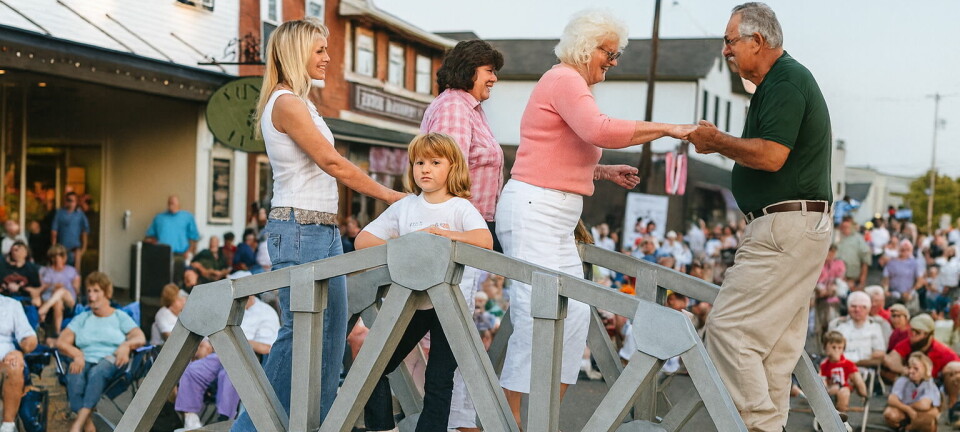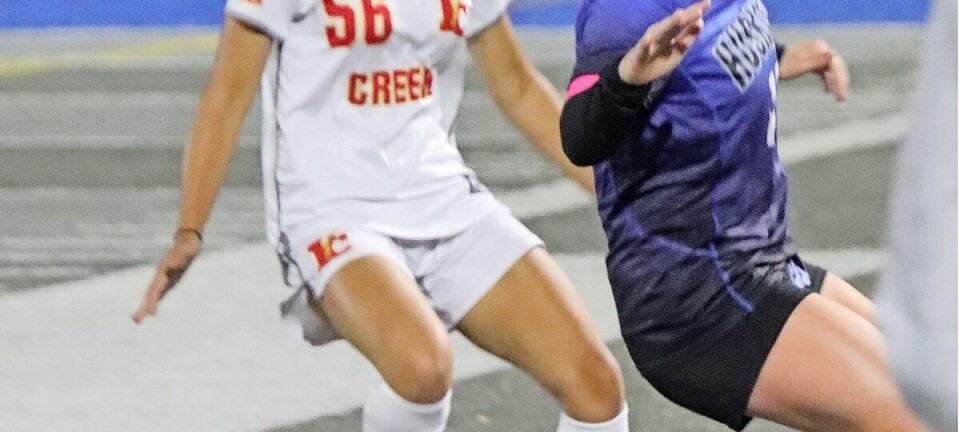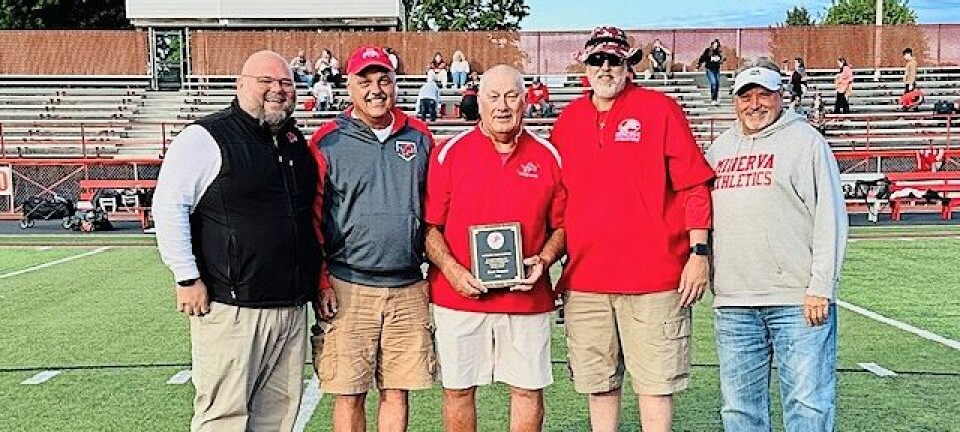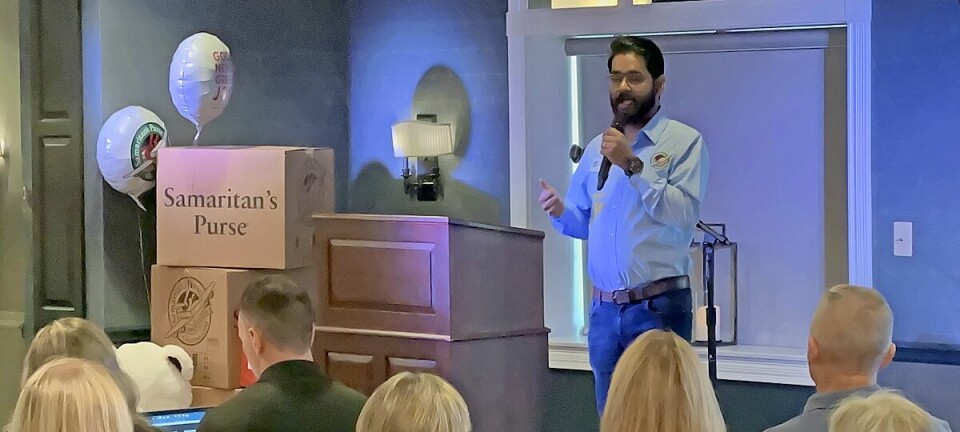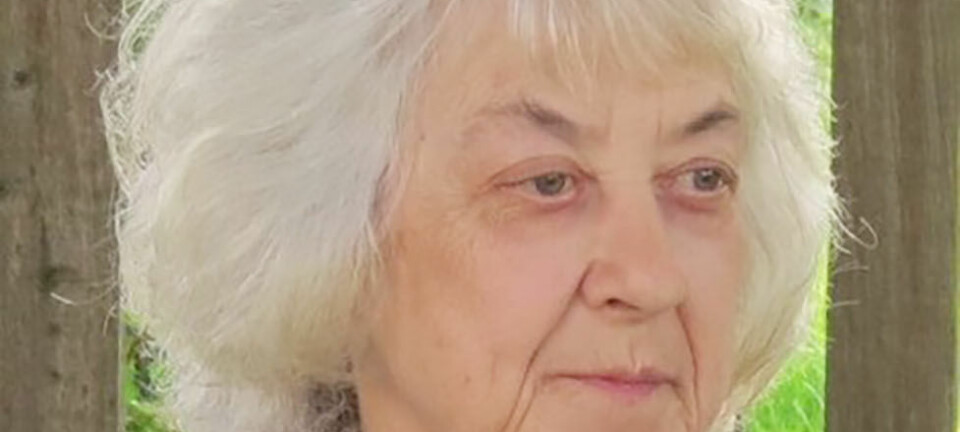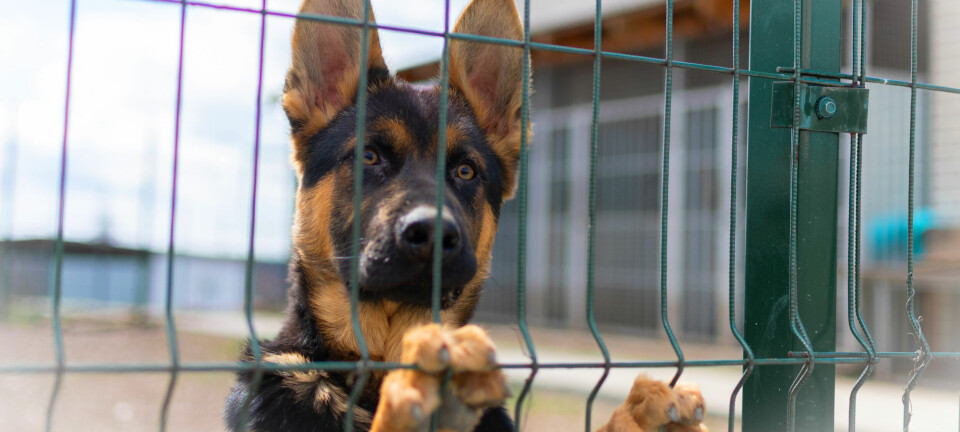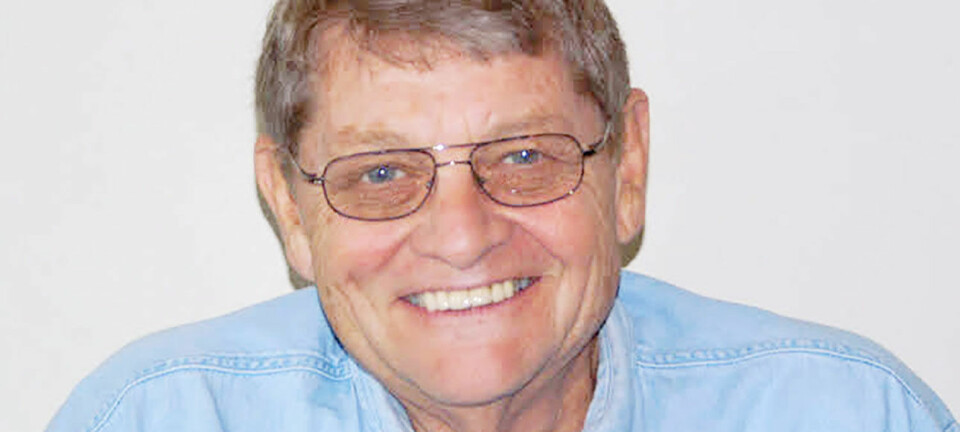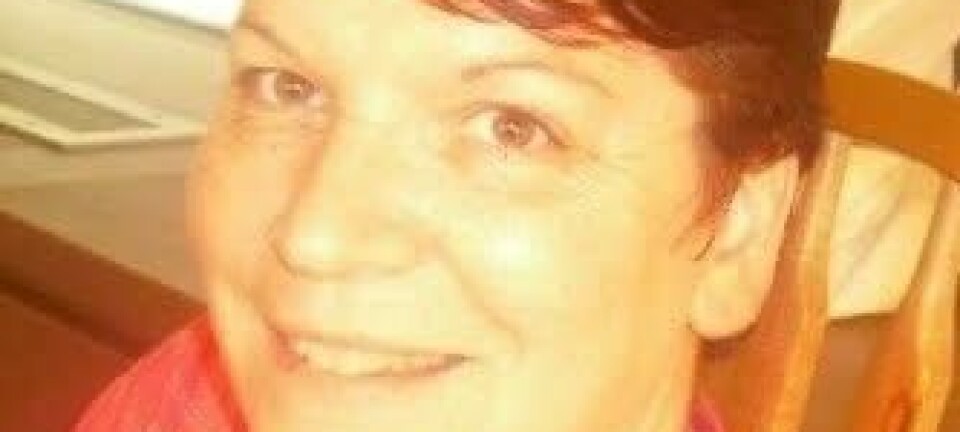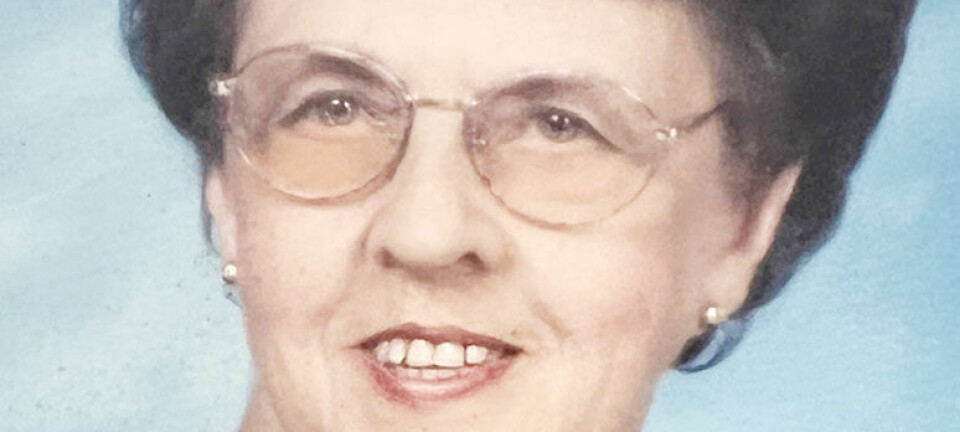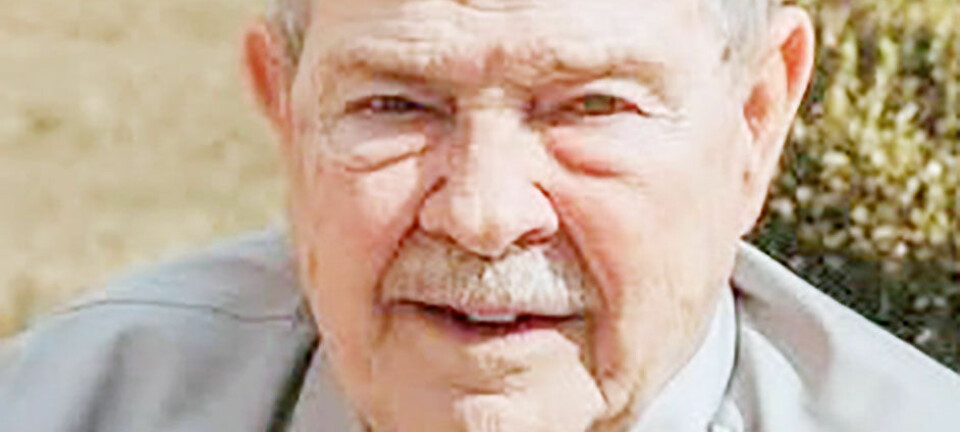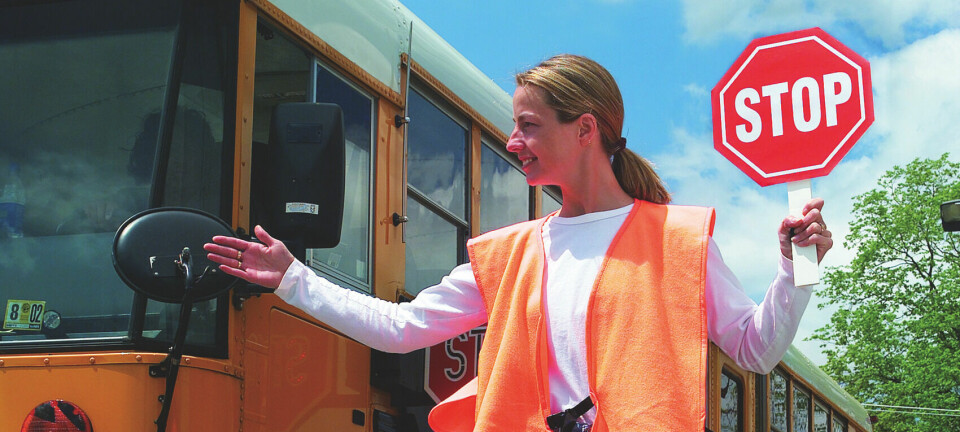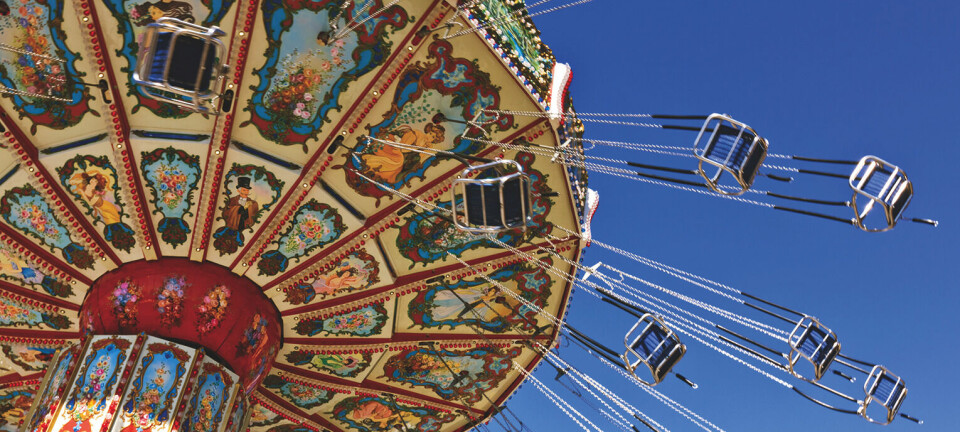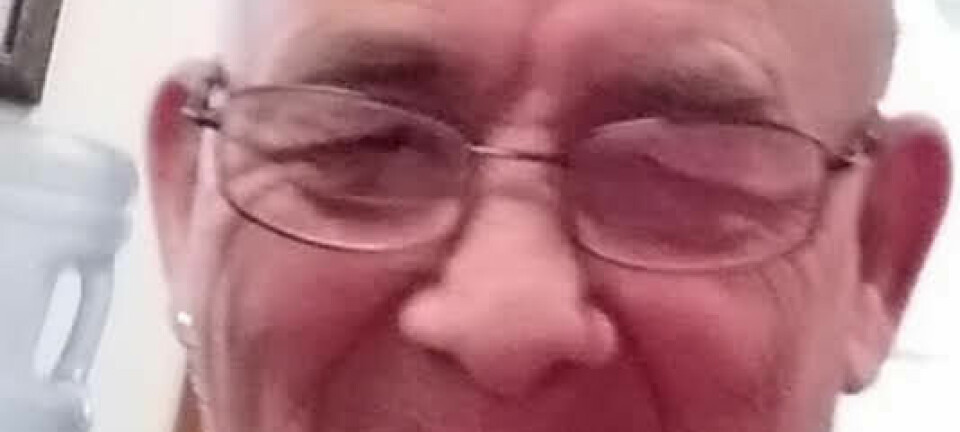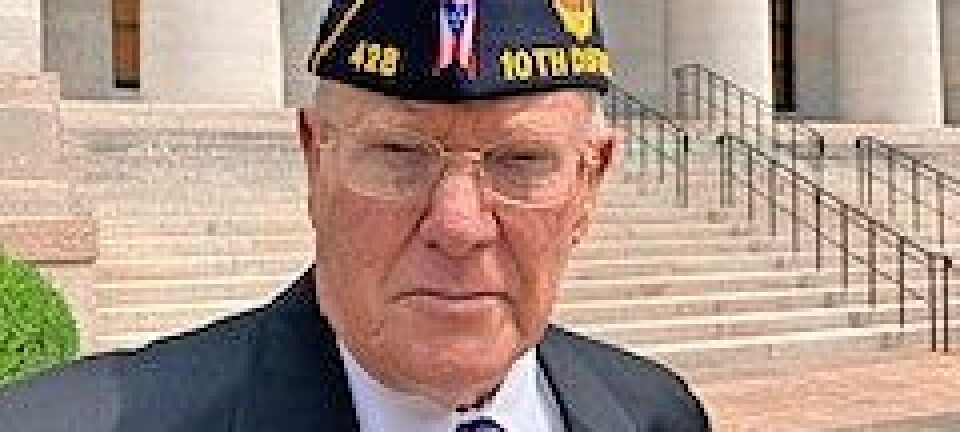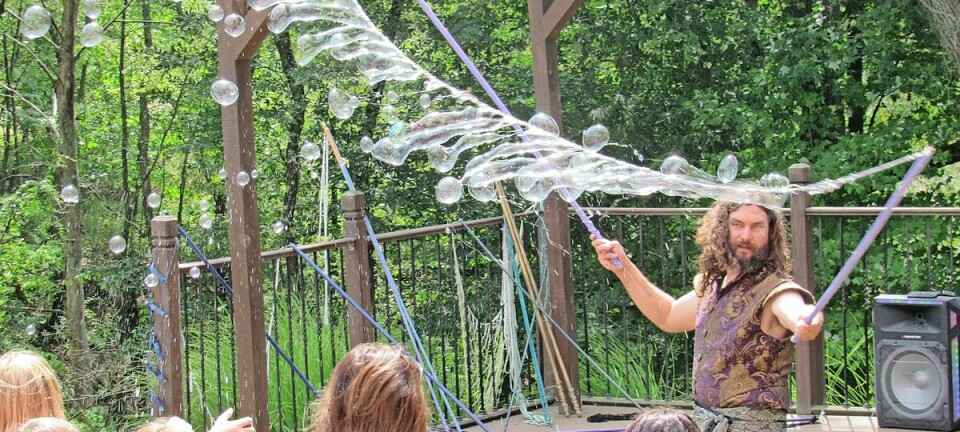New Philadelphia woman retires from 46 years in nursing
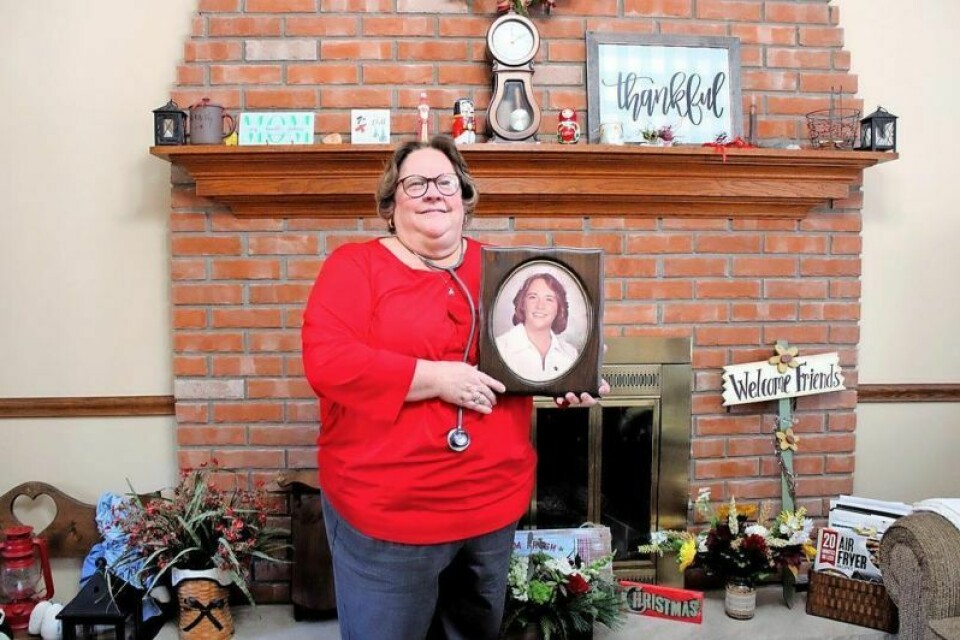
When the retirement of Dr. Denise McEnroe-Petitte of New Philadelphia, professor of nursing technology at Kent State Tuscarawas, becomes official at the end of this year, she’ll leave behind a 46-year career in nursing and teaching.
McEnroe-Petitte can’t ever remember a time when she didn’t want to be a nurse.
“It was just always something I wanted to do,” McEnroe-Petitte said. “I was a candy striper at the hospital. Union Hospital had candy stripers at that time, and we didn’t do a lot with the patients. We delivered flowers and took some patients to different places in the hospital. I think it was just always something I wanted to do, just help people and care for them.”
McEnroe-Petitte first attended the Akron City Hospital Idabel Firestone School of Nursing and passed the boards as soon as she graduated. She began work at Aultman Hospital while taking more classes at Kent State Tuscarawas.
“At that time you could only take so many that I needed. I took what I could. Then I wound up going to Kent Stark and took whatever I could there towards my bachelor’s in nursing,” McEnroe-Petitte said. “And then I had to go finally to the main campus because, again, that’s how that worked years ago. Now you can get your degree down here at the school.”
McEnroe-Petitte continued to work, learn and study, earning a master’s degree and a PhD.
When she began working at Kent State Tuscarawas in 1996, her position was more than teaching students. She also conducted research, spoke at conferences and had articles of her findings published.
McEnroe-Petitte said the field of nursing is a calling.
“I still keep in touch with a student that was a banker. He was higher up in the banking world, and he decided that that’s just not what he wanted to do,” McEnroe-Petitte said.
The man became a nurse, and McEnroe-Petitte also taught one of his sons in the nursing program.
“It just really amazed me that somebody would leave a banking setting, and probably making very good money, to come to be a nurse,” McEnroe-Petitte said.
Nursing has changed over the years since McEnroe-Petitte began working in the field.
“Nurses have a lot more responsibilities. They have to make quick judgments. A lot of times, they have to be very knowledgeable about what is appropriate and not appropriate to do,” she said. “They are the ones that are there with those patients 24 hours a day and actually seeing the changes. Physicians come in maybe once a day for 10 minutes, but they’re not there that whole time to see how that patient acts or how the medications are affecting the patient. They rely on the nurses to tell them that information.”
Nurses are advocates for the patient, and they are more important than ever.
“We really focus on what might be in the best interest for the patient. Sometimes there are things we think about that the doctors don’t think about,” McEnroe-Petitte said. “And we’re the ones that usually are talking with the families, maybe other departments, whether it’s the dietary people or a social worker.”
Nurses can help in the process of trying to facilitate whatever care patients need.
“We do whatever we can to get those resources because you might be surprised with things that are out there that people are just really not aware of. We as nurses need to be that person that does suggest things,” McEnroe-Petitte said. “But sometimes it can even just be sitting down and talking to the patient or the family and just let them cry or let them vent or just to be there.”
Many people are going into nursing for the abundance of opportunities available including working as a nurse practitioner, working in nursing homes and hospitals, treating patients in their homes or a doctor’s office, and specialties such as a psych nurse, oncology nurse, delivery and labor nurse, or pediatric nurse.
“I was a cardiac nurse, and that was my focus,” McEnroe-Petitte said, adding that when she moved to teaching, she still liked the cardiac area even though she taught a variety of different topics.
Nurses could be diabetic educators if that is their focus or even forensic nurses and help with crime scenes.
“I talk to the students in the last semester when they’re ready to graduate, and I have this one article about things you can do in nursing: You can be a travel nurse, you can be a cruise nurse, and you can go work at Disney World and be the nurse there,” McEnroe-Petitte said.
Keeping up with the current medical field and healthcare activities and sharing those and her personal experiences with the students is what she has enjoyed most in teaching.
“It makes me feel very proud when I see the graduates out there and how they perform successfully. I want them to have good performance, good understanding about whatever they’re doing, and I think that’s what’s kept me going all this time,” McEnroe-Petitte said.
When it comes to finishing at the top of your game, McEnroe-Petitte received some news. She is among 33 KSU faculty members who were named in the top 2% of most-cited scientists in the world based on a recent study.
In her retirement she is looking forward to traveling with her husband Kevin Petitte and spending more time with family.


